In 2019, Sony is mixing up its design, attempting to stand out among the sea of familiarity. Instead of emulating Samsung with punch hole cameras, they decided to target a rare section of the market, content consumers. There's the Xperia 1 for those who want the best, and the Xperia 10 and 10 Plus for the budget crowd.
It seems like Sony saw our list of the best budget phones for streaming and are trying to return to the number one position. Instead of the usual 18:9 or 19.5:9 aspect ratio, Sony opted for a 21:9 screen. At this ratio, the phone is much longer than its competitors. But it is also perfect for those who enjoy watching movies, as this is a common the aspect ratio used in films. What does that mean exactly? Well, now you can watch movies in widescreen without any cropping or vertical black bars, making for a better experience.
Jump to a section:Standout Features | Dates | Storage | Price | Body | Basics | Software | Skin | Display | Performance | Battery | Front Camera | Rear Camera | Audio | Media Formats | Sensors | Connectivity | Security | Box Includes | Accessories
Standout Features
The Xperia 10 and 10 Plus are the spiritual successors to the Xperia XA2 and XA2 Ultra. In fact, they might even retake the top spot on our comparison of the best midrange phones for streaming media. Not only did both phones keep the price the same (or even lower) than their predecessors, they manage to stand out with a 21:9 aspect ratio and aluminum design. And in a world where headphone jacks are rare, both phones have them for quality audio performance while watching your favorite movie.
Important Dates
The Sony Xperia 10 and 10 Plus were announced alongside the Xperia 1 on February 24, 2019. While no North American release date was given, they were released on March 18 in the US. Pre-orders became available on Feb. 28, just a few days after the announcement. It's currently sold unlocked from Amazon and Best Buy.
- Release date: March 18, 2019
- Preorder date: Feb. 28, 2019
- Announced: Feb. 24, 2019
Storage Capacity
Both phones come with 64 GB of internal storage. Both support microSDXC memory cards for additional storage up to 2 TB.
- Storage available: 64 GB
- Expandable storage: yes, microSDXC (up to 2 TB)
Price for Everything
The Xperia 10 is priced at $349.99, while its larger sibling is $429.99. This pricing is impressive, especially since their predecessors retailed at $349.99 and $449.99, respectively.
- Price: $349.99 (Xperia 10), $429.99 (Xperia 10 Plus)
Body
The body and sides use an aluminum chassis. The display is protected by Gorilla Glass 5, a material which can survive 1.6-meter, shoulder-height drops onto hard, rough surfaces up to 80% of the time. For US customers, the Xperia 10 and 10 Plus will come in two colors, black and silver.
- Frame: aluminum
- Glass Protection: Gorilla Glass 5
- Finish: black and silver

While they come in a variety of colors, in the US, it will only come in silver and black.
Basics
Because of the 21:9 aspect ratio, both the Xperia 10 and Xperia 10 Plus are pretty tall phones. Despite having a 0.4-inch smaller display, the Xperia 10 is about the same height as the OnePlus 6. The Xperia 10 Plus is one of the tallest smartphones on the market, with a height higher than Samsung's Galaxy S10+ and Apple's iPhone XS Max.
- Height: 6.13 inches (Xperia 10), 6.57 inches (Xperia 10 Plus)
- Width: 2.68 inches (Xperia 10), 2.87 inches (Xperia 10 Plus)
- Depth: 0.33 inches (Xperia 10), 0.33 inches (Xperia 10 Plus)
- Weight: 5.71 ounces (Xperia 10), 6.35 ounces (Xperia 10 Plus)
- Dust/water resistance: no rating
- Supported carriers: Verizon, AT&T, T-Mobile
- Infrared blaster: no

While the screen is tall, one-handed mode makes things easier.
Software
The Xperia 10 and 10 Plus will run the latest version of Android, 9 Pie. With this version, users are better protected against malware apps trying to use the camera or microphone in the background. Android 9 Pie also brings new changes to Do Not Disturb to protect your digital wellbeing, such as being able to prevent new notifications from waking the screen or even creating a notification dot. In all, there are over 40 changes that come with the new version of Android.
- Version: Android Pie 9.0
Skin
Both phones are running the latest version of Xperia UI on top of Android 9 Pie. The big changes include a launcher designed to take advantage of the new aspect ratio, including an extra row in the app drawer.
Both phones are apart of Sony's Open Devices program which means developers can build and flash their own version of Android Pie on top these devices. This includes AOSP (or stock Android), allowing users to enjoy a clean version of Android minus the changes of Xperia UI.
- Version: Xperia UI
Display
Both phones are equipped with large IPS LCD panels sporting a 2520 x 1080 resolution. The Xperia 10 uses a 6-inch display while the Xperia 10 Plus uses a 6.5-inch screen. There is no display notch or punch hole, instead, the camera is housed in the top bezel. The display has an aspect ratio of 21:9, the native resolution of most films. This ratio allows for videos to show in widescreen without black bars.
- Screen size: 6.0 inches (Xperia 10), 6.5 inches (Xperia 10 Plus)
- Screen resolution: 2520 x 1080 pixels
- Total pixels: 2,721,600 pixels
- Pixel density: 457 ppi (Xperia 10), 422 ppi (Xperia 10 Plus)
- Screen type: IPS LCD
- Notch: no
- Punch Hole: no
- Screen-to-body ratio: 79.4 percent (Xperia 10), 81.0 percent (Xperia 10)
- Aspect ratio: 21:9
- Minimum brightness: Unknown
- Maximum brightness:Unknown
- Refresh rate: 60 Hz (60 Hz for touch-sensing)
- Color temp: Unknown
- Color gamut: Unknown

Widescreen gaming.
Performance
In regards to performance, both smartphones use one of Qualcomm's Snapdragon 600 series processors. The Xperia 10 uses the Snapdragon 630, while the Xperia 10 Plus uses the Snapdragon 636.
The main differences between these two SoCs are the cores, with the latter using custom cores from Qualcomm and the former using ARM Cortex. This is what allows for a lower clock speed on the Snapdragon 636 while maintaining faster performance.
- Memory: 3 GB RAM (Xperia 10), 4 GB RAM (Xperia 10 Plus)
- Processor: Qualcomm Snapdragon 630 (Xperia 10), Qualcomm Snapdragon 636 (Xperia 10 Plus)
- Chip size: 14 nanometer
- CPU frequency: 2.2 GHz (Xperia 10), 1.8 GHz (Xperia 10 Plus)
- CPU cores: 8 cores
- GPU: Adreno 508 (Xperia 10), Adreno 509 (Xperia 10 Plus)
- GPU cores: Unknown
Battery
Both phones come with a modest battery capacity of 2,870 and 3,000 mAh, respectively. Both the Xperia 10 and 10 Plus support USB Power Delivery and Quick Charge 3.0, with QC 3.0 supporting up to an 18W charge. Due to its aluminum back cover, Qi wireless charging isn't possible.
- Battery: rechargeable lithium-ion
- Capacity: 2,870 mAh (Xperia 10), 3,000 mAh (Xperia 10 Plus)
- Wired charging: yes, Quick Charge 3.0 (18W), USB Power Delivery
- Wireless charging: no
Front Camera
It appears Sony placed the same front-facing camera in both phones. Both phones are using an 8 MP, ƒ/2.0 camera stabilized with Sony SteadyShot.
- Resolution: 8 MP
- Aperture: ƒ/2.0
- Zoom: no
- Flash: yes, screen flash
- Image stabilization: yes, digital
- RAW support: Unknown
- Object detection: Unknown
- Portrait Mode: yes
- Formats: Unknown
Rear Camera
Another difference between the two devices is the rear cameras. While both are equipped with a dual lens, the Xperia 10 Plus rocks a lower resolution main shooter but a higher resolution second lens. Both phones' main lens is a wide-angle lens. However, the 5 MP sensor on the Xperia 10 is covered by an even wider lens at 87.9°, while the Xperia 10 Plus is a telephoto lens with 2x optical zoom.
- Resolution: 13 MP + 5 MP (Xperia 10), 12 MP + 8 MP (Xperia 10 Plus)
- Pixel size: 1.12 µm + 1.4 µm (Xperia 10), 1.25 µm + 1.12 µm (Xperia 10 Plus)
- Sensor size: 1/3" + 1/4" (Xperia 10), 1/2.8" + 1/4" (Xperia 10 Plus)
- Aperture: ƒ/2.0 + ƒ/2.4 (Xperia 10), ƒ/1.75 + ƒ/2.4 (Xperia 10 Plus)
- Zoom: yes, 5x digital (Xperia 10), 2x optical + 5x digitial (Xperial 10 Plus)
- Flash: yes, LED
- Image stabilization: yes, digitial
- RAW support: no
- Lens cover: Unknown
- Object detection: Unknown
- Formats: Unknown
Both devices are limited to 4K at 30fps. However, both support 120 fps slow-motion recording at 1080p. Sony's SteadyShot provides stabilization for smooth videos.
- Resolution: 720p, 1080p, and 4K
- Max frame rate: 30 fps for 720p, 60 fps for 1080p and 30 fps for 4K
- Slow motion: yes, 1080p at 120 fps
- Time-lapse: Unknown
- Photos: Unknown
- Zoom: Unknown
- Flash access: Unknown
- Image stabilization: yes, digital
- Object detection: Unknown
- Autofocus: Unknown
- Audio: stereo
- Formats: Unknown
Audio
Unlike the Xperia 1, the Xperia 10 and 10 Plus include a 3.5 mm headphone jack. Both devices support Hi-Fi audio codecs thanks to Android 9 Pie, including Sony's LDAC. There is also an FM radio for those looking to listen on the go.
- 3.5 mm headphone jack: yes
- Stereo speakers: no
- Mics: Unknown
- Max speaker volume: Unknown
Media Formats
The Xperia 10 and 10 Plus support all the file types already supported by Android, including VP9, the open-source standard published by Google.
- Audio: AAC (AAC-LC, AAC+, eAAC+, AAC-ELD), ALAC, AMR-NB, AMR-WB, DSD, FLAC, MIDI, MP3, PCM, Opus, Vorbis
- Video: MPEG-4 Video, H.263, H.264, H.265, VP8, VP9
Sensors
Both phones support the usual sensors.
- Accelerometer: yes
- Ambient light: yes
- Barometer: no
- Color temperature: no
- Compass: yes
- Gravity: no
- Gyroscope: yes
- Hall: yes
- Infrared: no
- Laser: no
- Pedometer: yes
- Proximity: yes
In the North American variant, the only geolocation sensors included are GPS and aGPS (North America) and Glonass (Russia's version of GPS).
- GPS: yes
- aGPS: yes
- Glonass: yes
- BeiDou: no
- Galileo: no
- QZSS: no
Connectivity
The Xperia 10 and 10 Plus come with the usual connectivity sensors, including Wi-Fi 5 (802.11ac) and Bluetooth 5. There is NFC support, allowing the phone to be used with Google Pay.
- Wi-Fi: 802.11 a/b/g/n/ac
- Bluetooth: 5.0
- NFC: yes
- Cellular: nano-SIM
- Port: USB Type-C, USB 2.0
- Other: FM Radio
Both the Xperia 10 and 10 Plus are GSM unlocked, making them compatible with T-Mobile and AT&T network. Additionally, it is certified by Verizon, making it compatible on its network as well, as an LTE-only device.
- GSM GPRS/EDGE (2G) Bands 850/900/1800/1900
- UMTS HSPA+ (3G) Bands 1, 2, 4, 5, 8
- LTE (4G) 1/2/3/4/5/7/8/12/13/17/25/28/29/66
Security
The Xperia 10 and 10 Plus are equipped with a side-mounted fingerprint scanner.
- Fingerprint scanner: yes, side-mounted
- Face scanner: no
- Iris scanner: no
- Manual authentication: password, PIN, pattern, swipe
Box Includes
We currently don't know what's included in the box, but we'll update this page when we find out.
- Follow Gadget Hacks on Pinterest, Twitter, YouTube, and Flipboard
- Sign up for Gadget Hacks' daily newsletter or weekly Android and iOS updates
- Follow WonderHowTo on Facebook, Twitter, Pinterest, and Flipboard
Cover image by Rozetked/YouTube










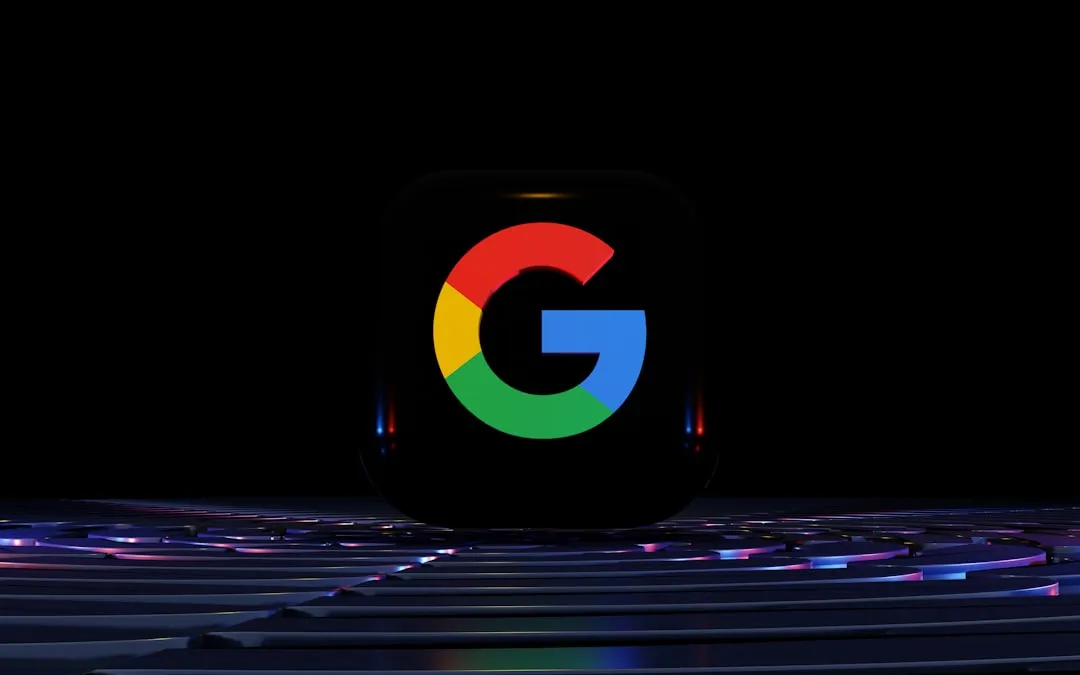

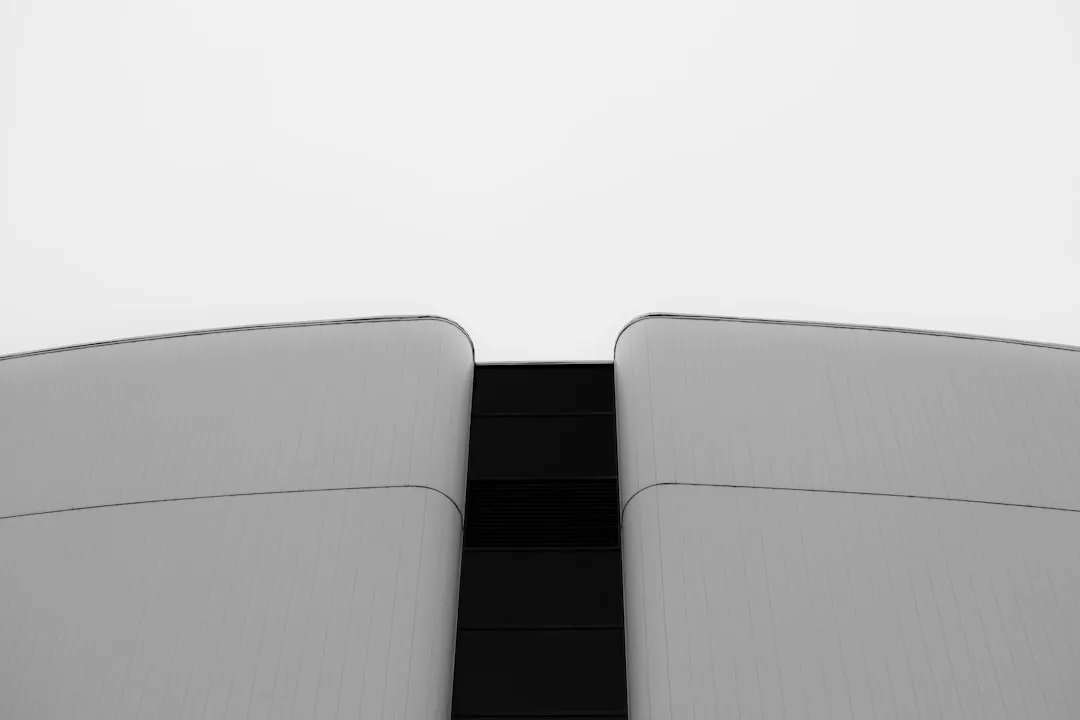


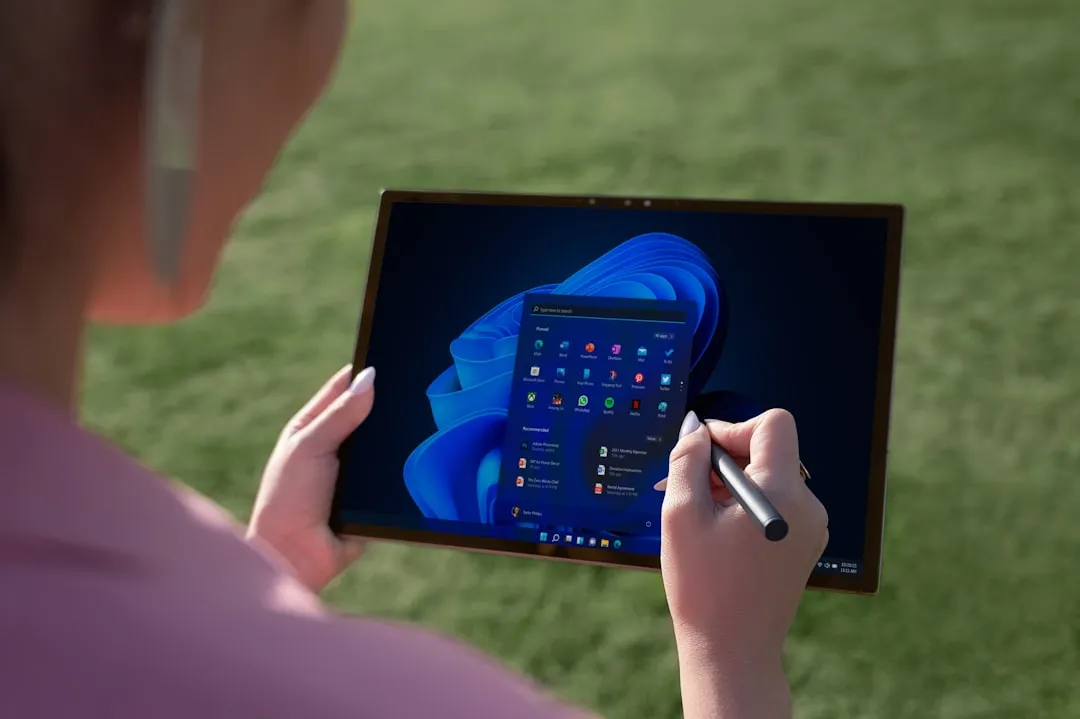

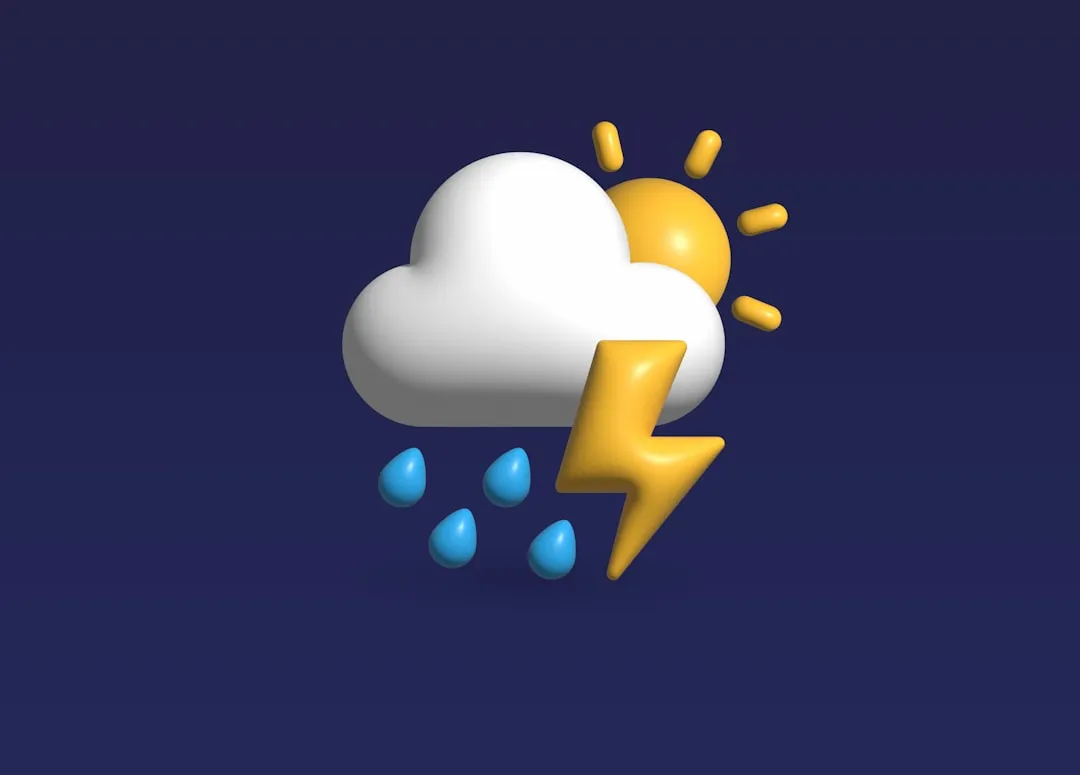
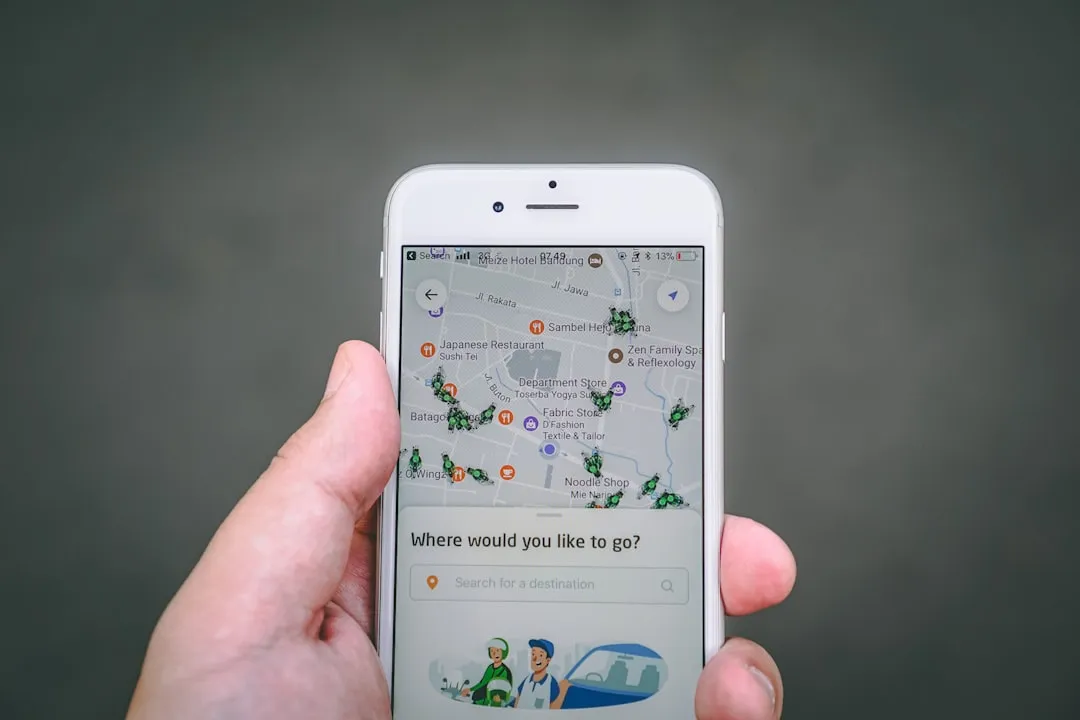
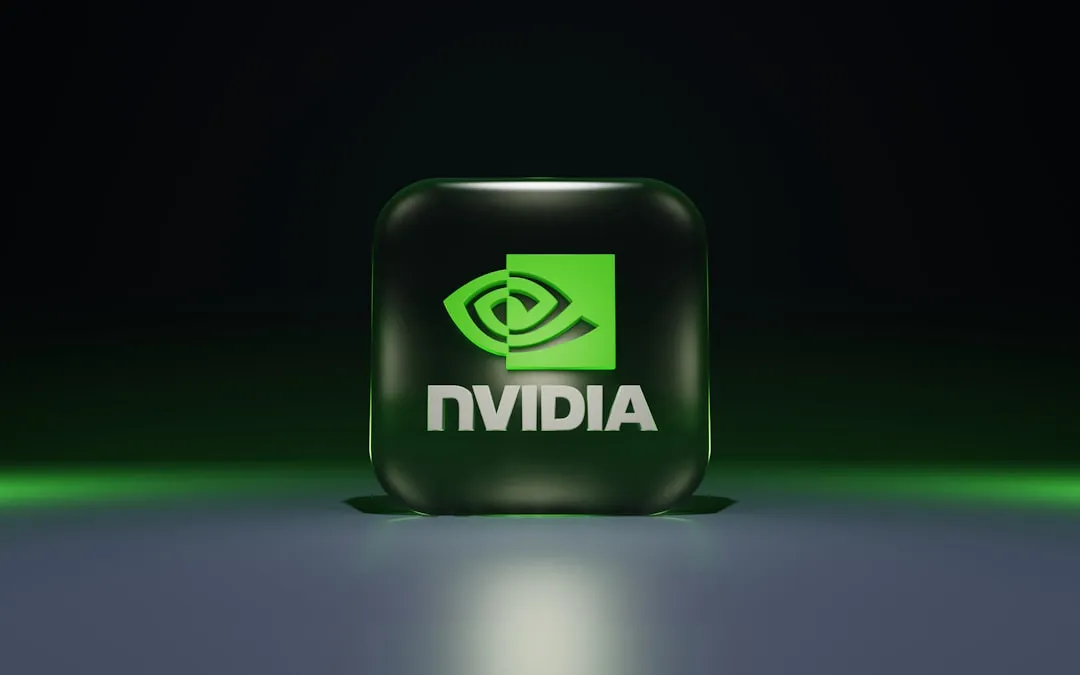


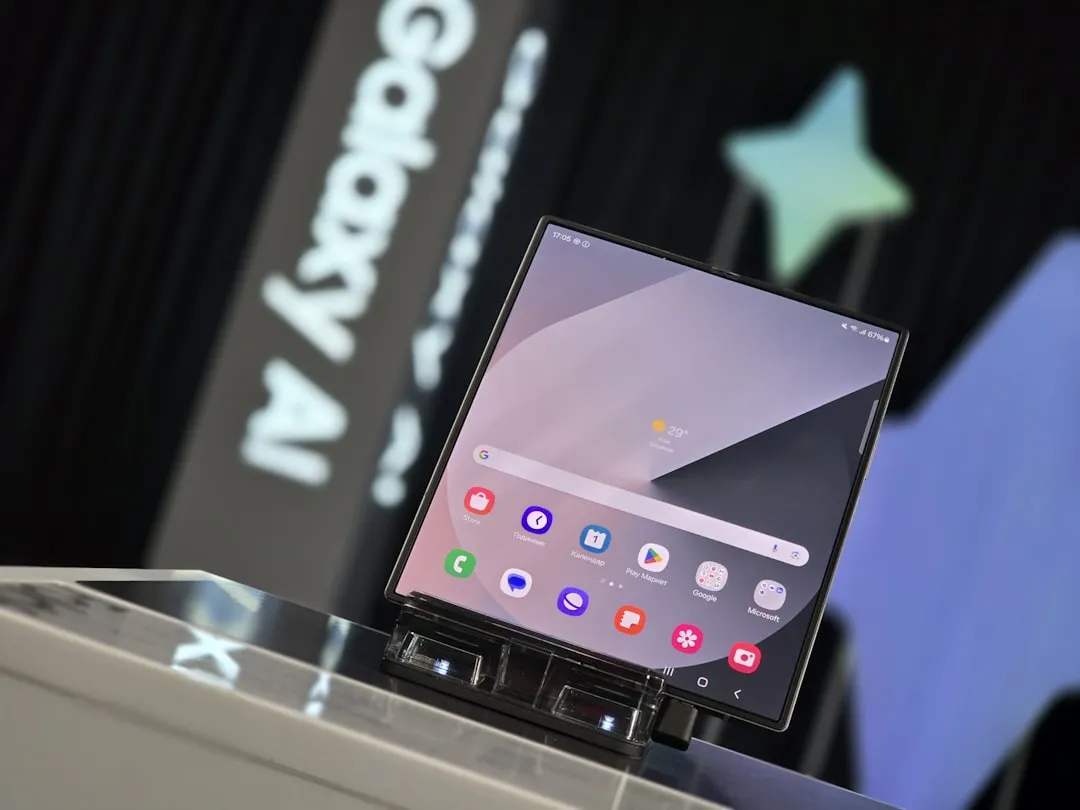


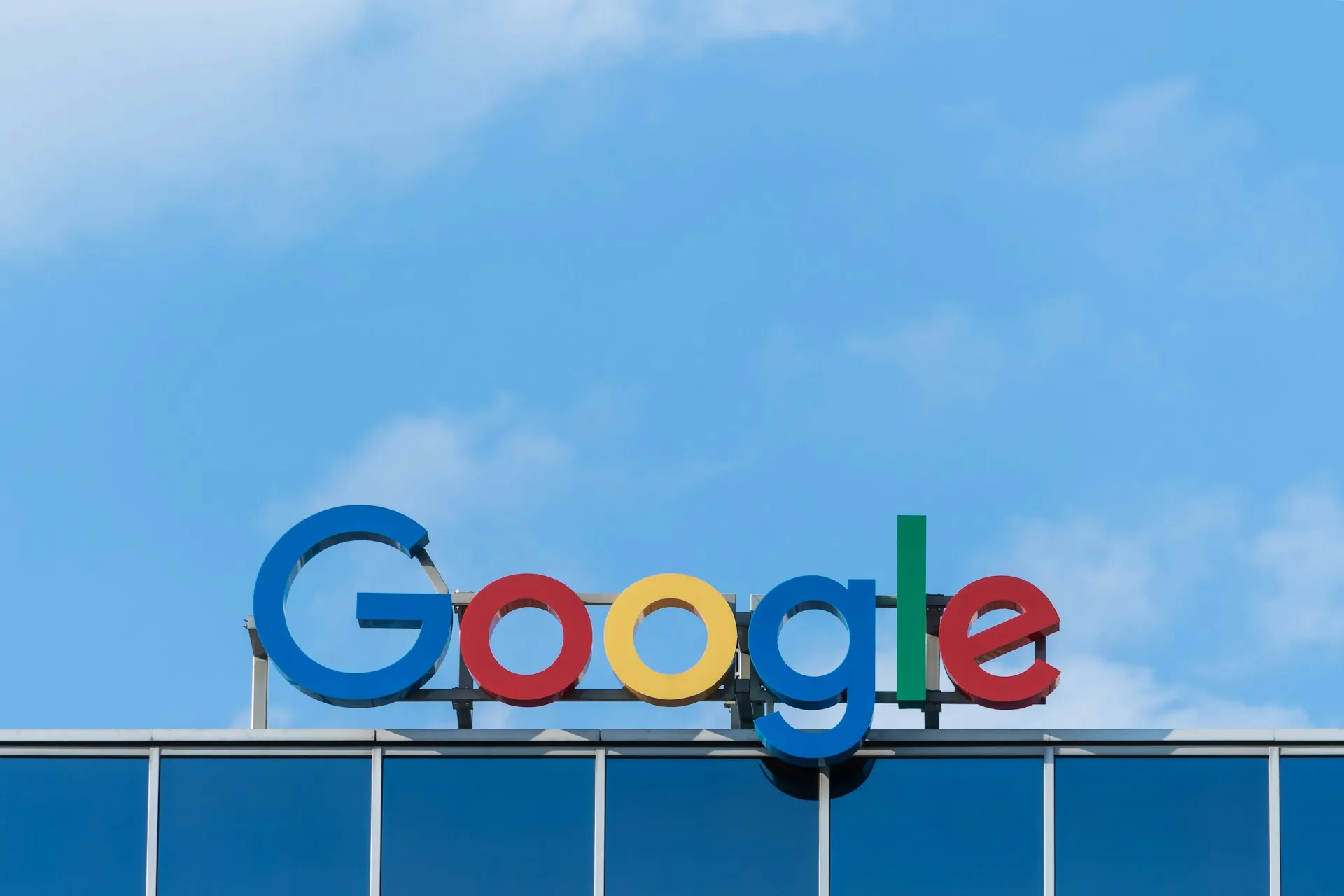
Comments
Be the first, drop a comment!